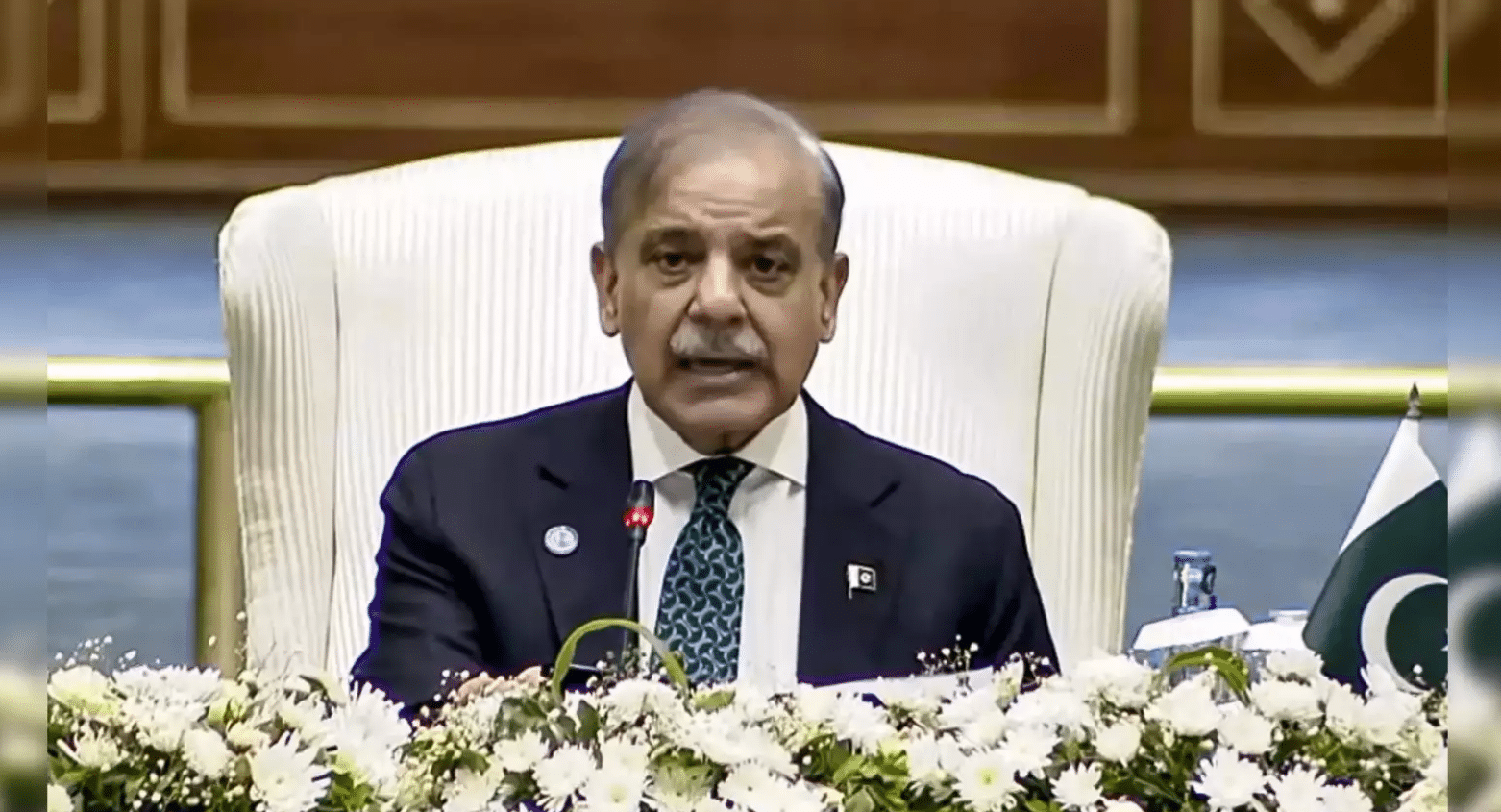In the ever-evolving landscape of taxation, the Federal Tax Ombudsman (FTO) has recently made a groundbreaking decision, bridging the gap between manual and electronic filers of income tax returns. This decision promises to offer significant benefits to those who still prefer the traditional, manual method of filing their tax returns. In this article, we’ll explore the changes and their implications for taxpayers, shedding light on the long-standing issue of discrimination against manual filers.
The Background
For years, manual filers of income tax returns have faced disparities compared to their electronic counterparts. These discrepancies were most evident in the form of higher rates of withholding taxes, which created a sense of inequity. FTO’s intervention marked a significant turning point in this ongoing issue.
FTO’s Directive
The FTO, in response to a public interest complaint filed by a prominent tax lawyer, Waheed Shahzad Butt, has ordered the Federal Board of Revenue (FBR) to take immediate action. The FBR has been instructed to develop and implement specific mechanisms and Standard Operating Procedures (SOPs) to ensure that manual filers of income tax returns for the latest tax year are treated on par with electronic filers.
READ MORE: The Escapade of Exotic Pets: A Growing Concern in Pakistan
The Complainant – Waheed Shahzad Butt
Waheed Shahzad Butt’s complaint highlighted the stark discrimination faced by manual filers. Despite adhering to the tax laws and regulations, manual filers were deemed “inactive” by the FBR, thus depriving them of various tax benefits. This violation of Rule 73 of Income Tax Rules 2002 came under scrutiny during the investigation.
Resolution Without Litigation
Upon summoning the heads of various FBR wings, including Policy, Operations, Legal, and Member Information Technology, the FTO’s Regional Office at Lahore facilitated a consultation. This led to a resolution of the matter without resorting to unnecessary and costly litigation, a positive development for all parties involved.
The Public Backlash
The failure to address the specific needs of manual filers has not gone unnoticed. Various quarters have criticized the FBR for its inability to provide fair and equitable taxation for all citizens. The issue, including the blatant violation of Rule 73 and the exclusion of certain taxpayers from the Active Taxpayer List (ATL) database, has raised concerns within the taxpayer community.
FTO’s Order
The FTO’s order explicitly stated the nature of the complaint, which revolved around the illegal exclusion of taxpayers from the ATL, in violation of the FBR Act, 2007, and Section 206 of the Income Tax Ordinance 2001. The FBR, in response, cited that the matter was under consideration at the Board’s level.
During the hearing, the Authorized Representative (AR) provided information that the FBR had activated the complainant on ATL, rectifying the issue. The AR emphasized the need for substantial measures to address these shortcomings comprehensively.
Ensuring Equitable Taxation
As a result of FTO’s intervention, the FBR is now tasked with establishing a mechanism and SOPs to ensure that all filers of returns for the current tax year are active as per the ATL. This proactive approach aims to prevent omissions that could lead to similar complaints in the future, fulfilling the FTO’s directive effectively.




